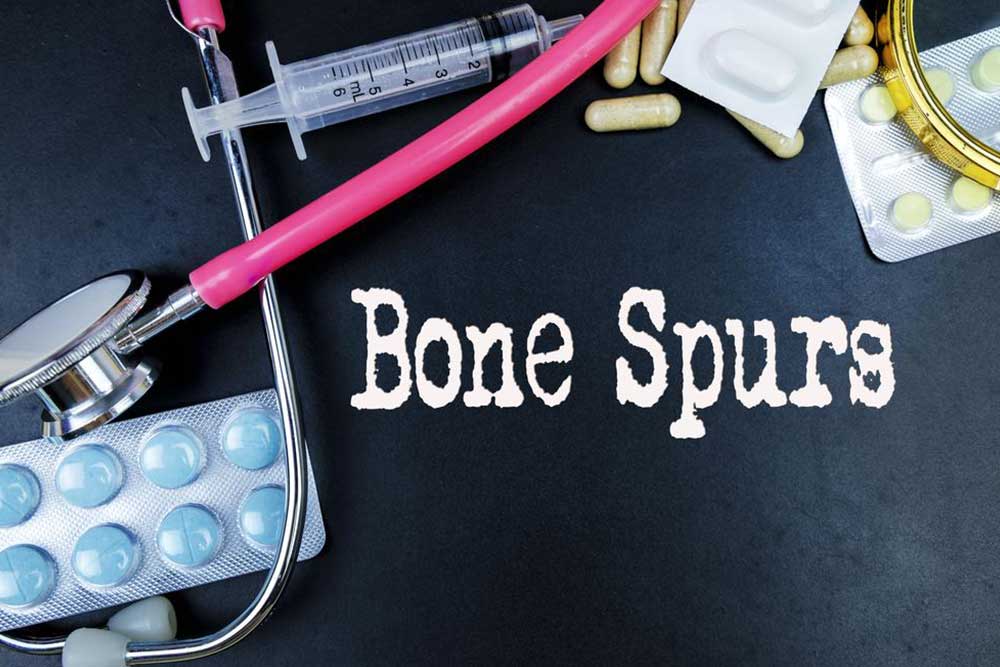Prevention and Treatment for Bone Spurs
Bone spurs, technically known as osteophytes are an extra outgrowth of bone mostly at the extreme ends of bones and joints. These hard bumps of bone are common in the neck (cervical spine), hands, shoulders, low back (lumbar spine), hips, knee, and heel. Bone spur by itself is not a cause of trouble unless it presses or rubs against another bone or nerves, which may cause pain and stiffness.
In most of the cases, bone spur arises due to injury or damaged bones due to medical conditions like osteoarthritis, rheumatoid arthritis, gout, and lupus.

Treatment for bone spurs
There are both non-surgical as well as surgical options for bone spur treatment. Here are a few of them.
- Adequate rest
Getting ample rest helps to reduce the symptoms of a bone spur. It is a known fact that activity triggers the pain in bone and joint outgrowth, so short periods of rest may lessen the pain. - Surgery
If the bone spur is acute, then surgery may be a better bone spur treatment option. The doctor surgically removes the bone spurs and thickened ligaments to reduce the pain.
Prevention of bone spur
Usually, it is not possible to prevent the occurrence of bone spur due to osteoarthritis as it results from natural wear and tear of the bones and joints. However, to reduce the chances of developing this medical condition, make specific lifestyle changes like wearing shoes with good arch support and thick socks, maintaining a healthy lifestyle, walking or undertaking stair-climbing exercises.
So, this was all about the bone spur treatment and the prevention procedure. If you experience any of the symptoms of the bone spur, book an appointment with the doctor to manage the condition at mild and moderate stages.